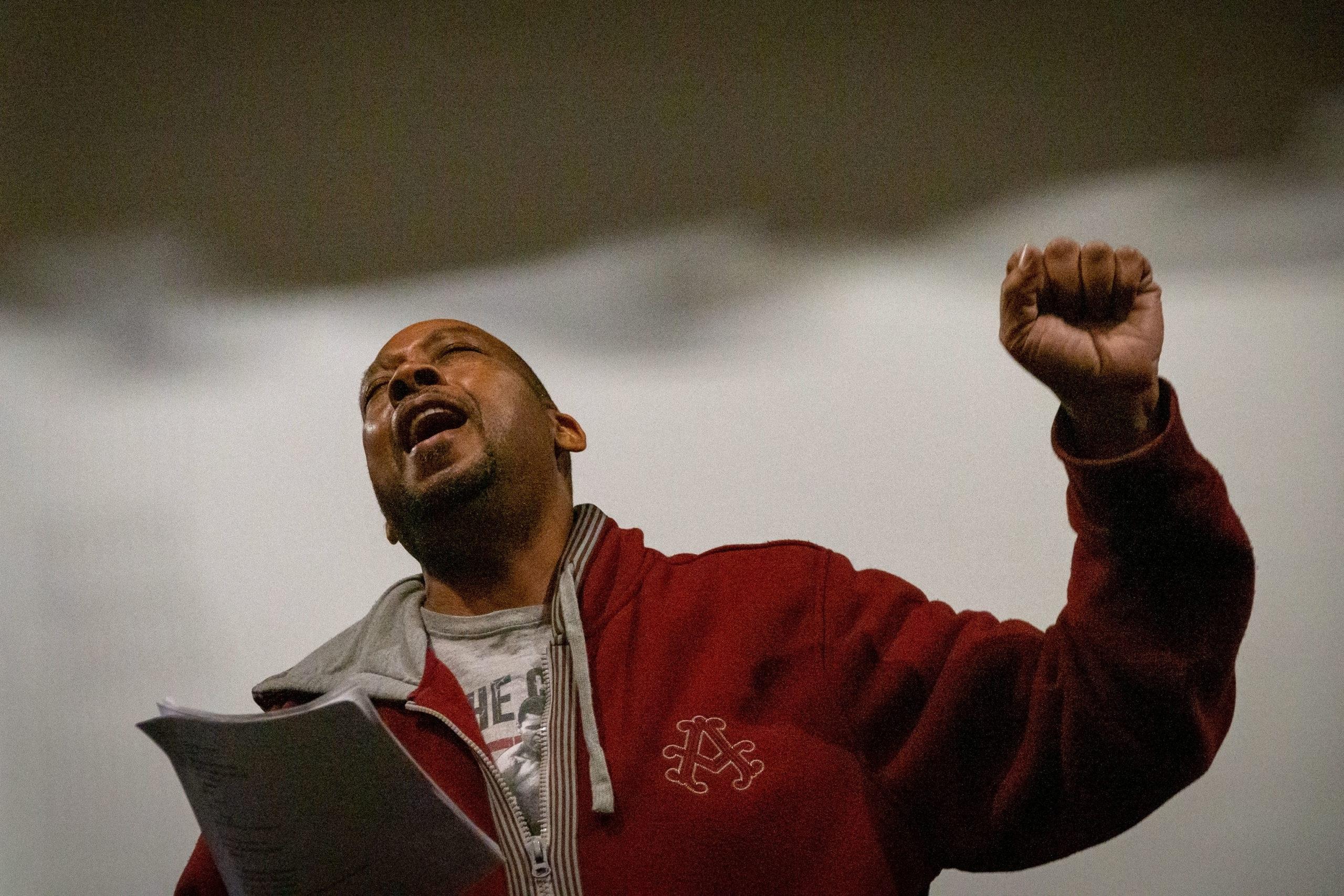
Ervia P. Davis has spent the past few weeks rehearsing the music of her ancestors and, for her, it feels amazing to sing these songs.
“Because it tells a story about where we came from, how we came here and how we had to try to survive,” Davis said. “And music is something that unites all of us and binds all of us and it’s something that’s very very important.”
These songs come from a robust musical archive for a new show called “The History of African American Music,” a collaborative effort from Colorado Black Arts Festival and Denver-based Source Theatre Company to highlight the immense musical contributions of black people.
Spirituals, work songs, field hollers, lullabies and ragtime — all of this music is both the soundtrack and focus of this new show.
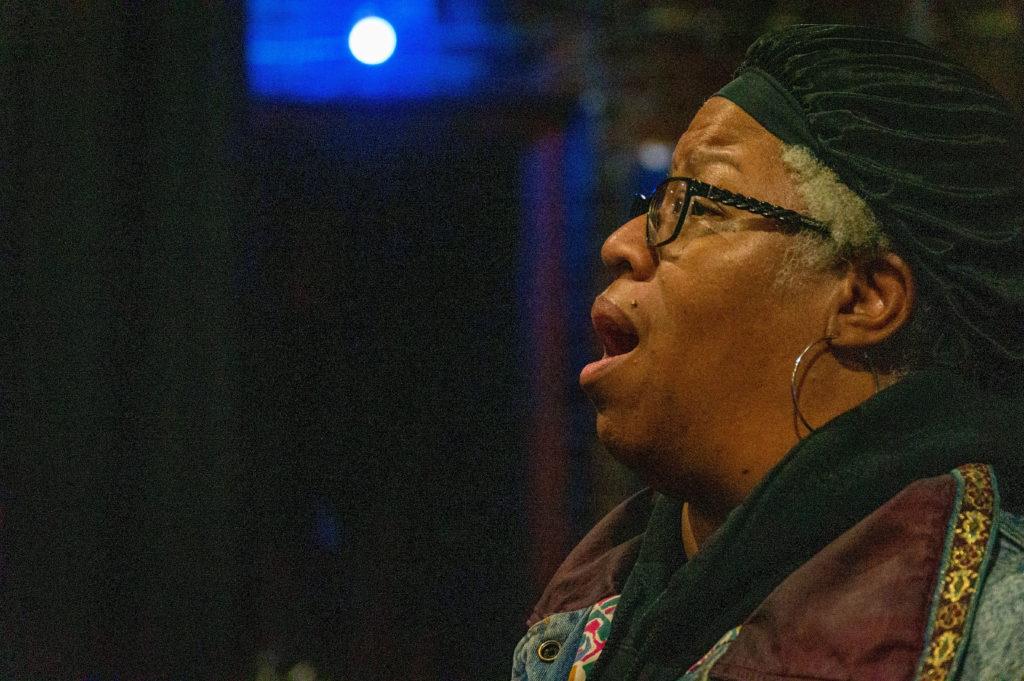
The two performances in February — Feb. 7 in Northglenn, Feb. 14 in Broomfield — are part of a trilogy. This first installment spans the 1600s to the early 1900s, with music brought to America by enslaved Africans to prohibition.
Source Theatre Company co-founder Jimmy Walker, who did the research for the show, said this isn’t a play with characters whose stories you follow.
“The music itself drives the show,” he said, although a narrator helps guide the audience through the historical context of the songs.
“[Music is the] highest and deepest expression of beauty and suffering,” the opening of the narration goes. “It is the testimony that chronicles our life experience. Music is created mostly of pain and suffering, even when it resonates with joy.”
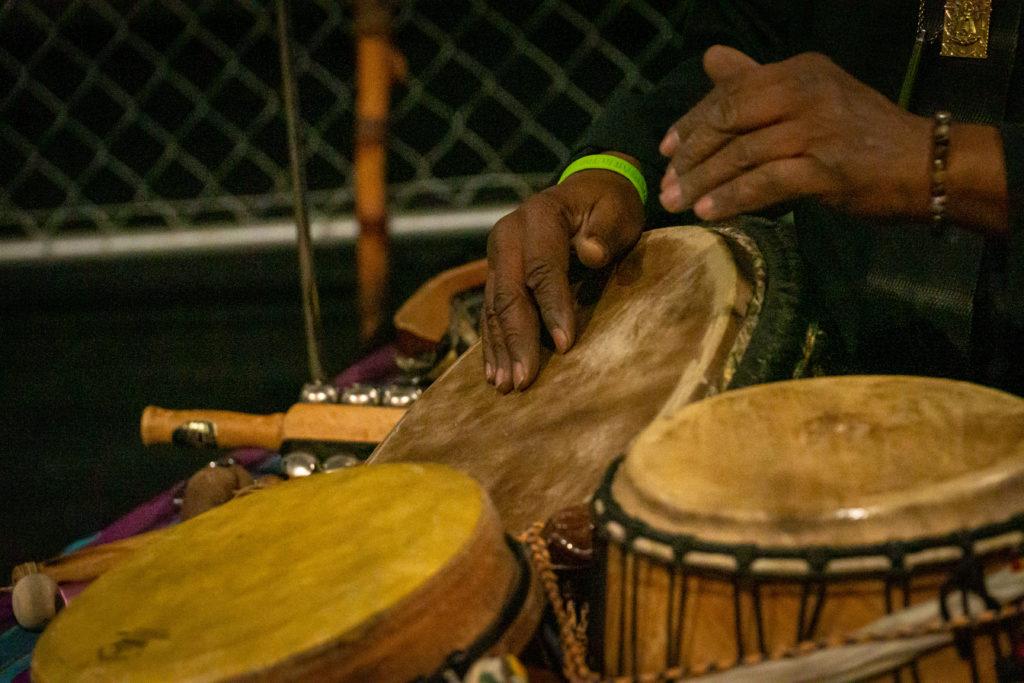
The show starts with “traditional ritual songs” from Africa. Walker pointed out that when Africans were brought to America, they spoke different languages, had different religious backgrounds and different rituals, “but the one thing that was connecting for all of them was music and rhythm.”
From these songs, the show then flows through the calls of field hollers, works songs, lullabies and spirituals, like “Wade in the Water” and “Go Down Moses.”
Walker said he was surprised to learn about the functionality of music like spirituals.
“It was a technology for their survival, for their perseverance,” he said.
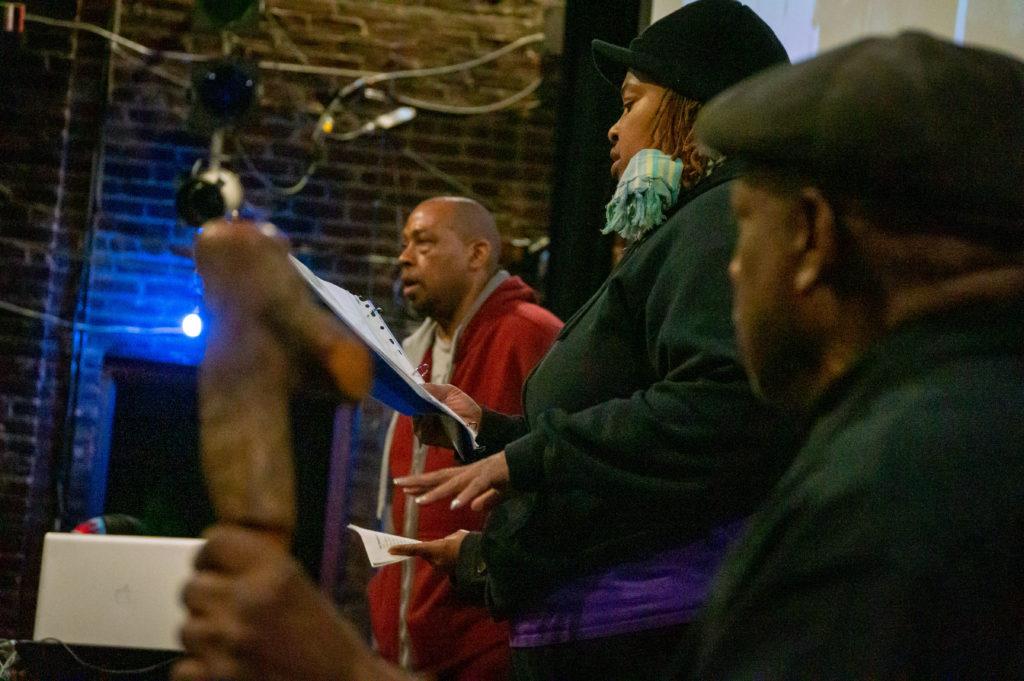
Even more than that, “they used it as a system to communicate. They translated that language into a coded language ... to escape through the underground railroad and things like that.”
The show closes with ragtime music, known for its syncopation and made famous by black composers like Scott Joplin.
The next two installments will cover jazz, the blues, modern gospel, contemporary music and R&B. It will highlight how the origins of what’s considered to be American music can be traced back to these influences — even bluegrass and country.
Colorado Black Arts Festival executive director Florence Ayers has wanted to do something on this musical history for a long time, and funding from the Broomfield and Adams county cultural councils made it possible to finally get it on a stage.
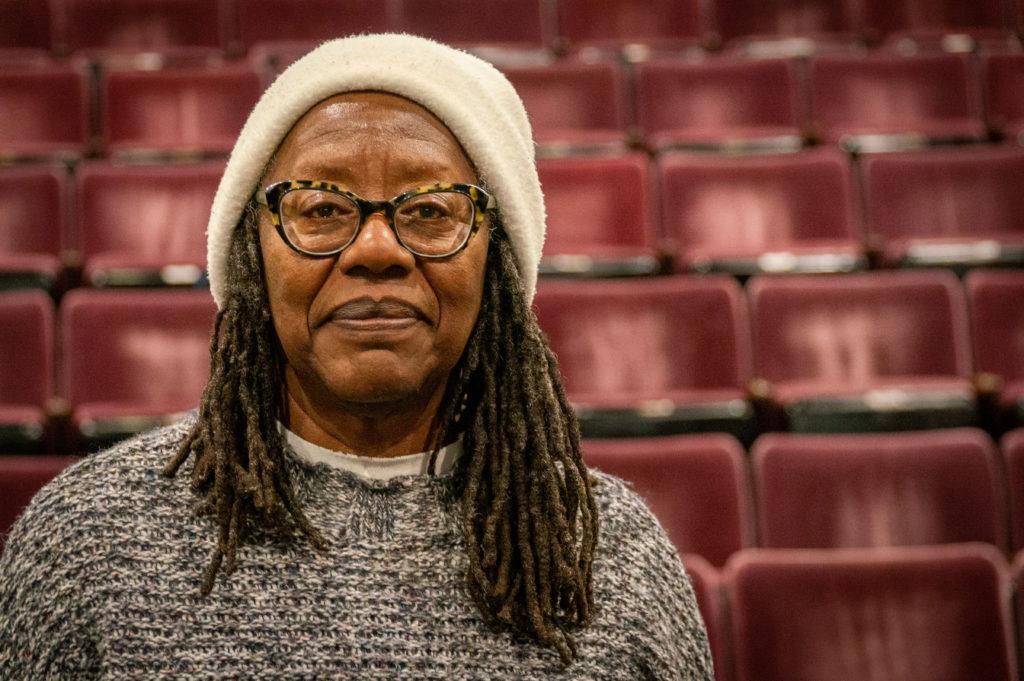
“I just want our kids, our youth, to understand where [the music] came from,” Ayers said. “I want to give them a sense of pride... that their forebearers created this music.”
Source Theatre Company’s Jimmy Walker wants people to learn about these connections, as well. But he also wants the show to be entertaining, not “beat[ing] people over the head with a real educational experience.”
“And so trying to glide them through the music in a very fundamental way so that they can say, ‘Wow, I didn't know that that existed,’” Walker said.
The first installment of “The History of African American Music” is Feb. 7, 2020 at 7:30 p.m. at Northglenn Arts and Feb. 14, 2020 at 7 p.m. at the Broomfield Auditorium.
Editor's Note: An earlier version of this story listed the wrong date for the second performance. It has been updated to correct that.









